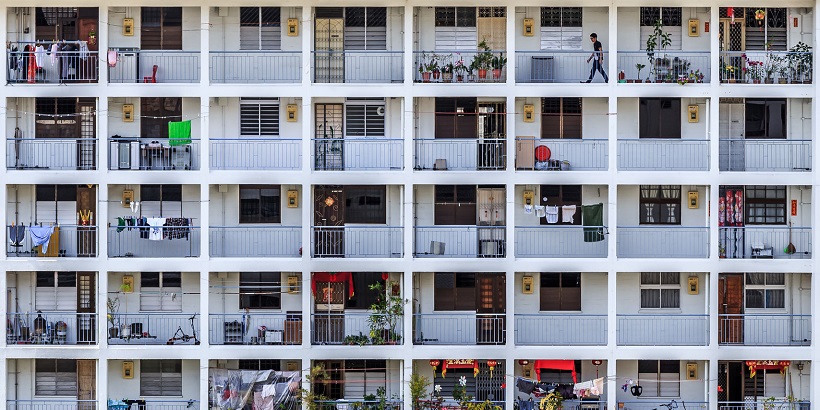
The Ethnic Integration Policy for public housing states minorities can only sell to another minority member, should the majority race quota been met, limiting the opportunity to sell their flats.
Workers’ Party (WP) Secretary-General Pritam Singh said minorities in Singapore bear a “direct and real” financial burden from the government’s Ethnic Integration Policy (EIP) for public housing, reported Channel News Asia (CNA).
Singh made the statement in a Facebook post on 26 June in response to Finance Minister Lawrence Wong’s speech and dialogue on race, racism and multiracialism at a forum organised by the Institute of Policy Studies as well as the S Rajaratnam School of International Studies on 25 June.
During the dialogue, Wong was asked if the EIP for public housing disadvantages the minorities. Based on the policy, a minority race flat owner can only sell their unit to another minority race member once the housing estate’s majority race quota has been met.
The minister noted that the policy—which was “consistently” applied to all ethnic groups—has resulted in social mixing and integration and a “sense of attachment, belonging and identity as Singaporeans”.
“What would happen without EIP? I have no doubt that we will end up with ethnic enclaves in many of our housing estates,” said Wong as quoted by CNA.
And while he acknowledged that there were minority flat owners who faced difficulties selling their units due to the EIP limits, the minister explained that homeowners are able to appeal such cases, which will be considered on a case-by-case basis.
With this, Wong urged the public to recognise EIP’s value and work to “improve it, fine tune it, make it better” instead of discarding it.
Singh described the speech and responses of Wong as “well worth a read, no matter what your political leanings”. He also found Wong’s acknowledgement that not all agree with the People’s Action Party (PAP) Government’s long-standing policies as “particularly noteworthy”.
“The issue at hand—race—affects everyone, particularly Singaporeans and new citizens who will come after us,” he said as quoted by CNA.
However, the EIP has bothered Singh and his colleagues.
“Over the years, we have heard our fair share of feedback from minorities of all races having to lower the price of their flats to effect a sale. Minorities bear a direct and real financial burden in the name of the EIP,” shared the opposition leader.
“Mr Wong’s tone and acknowledgement of the problem goes much further than any Parliamentary pronouncement on the matter by the government in my recent memory.”
Nonetheless, the comments of Wong on racial enclaves’ prospects deserve a second look, especially in light of how the world and the region have evolved since EIP’s introduction in 1989, as well as the “reality of immigration to top up our population”, said Singh.
“National schools, institutions like (National Service), the bunching of minority races on the lower floors of public housing in many cases in spite of the EIP, and even the prospective effect of anti-discrimination legislation, do make the EIP one out of a number of policy options to mitigate the problem at hand,” he said.
“Even so, as it is, the inequity the EIP engenders for some minority Singaporeans is real, distorts the market and has serious economic consequences,” added Singh.
Looking for a property in Singapore? Visit PropertyGuru’s Listings, Project Reviews and Guides.
Cheryl Chiew, Digital Content Specialist at PropertyGuru, edited this story. To contact her about this story, email: cheryl@propertyguru.com.sg

